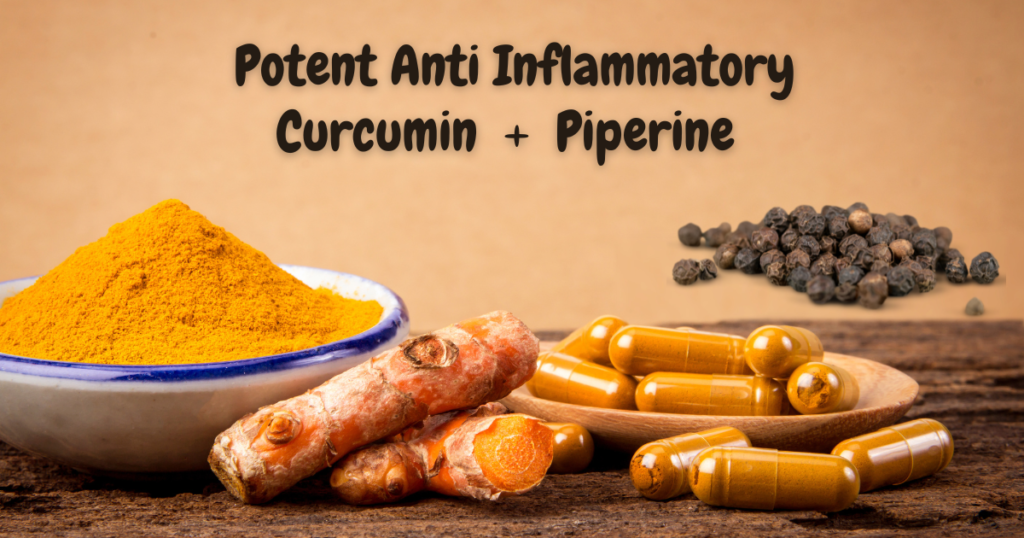Degeneration osteoarthritis or Degenerative osteoarthritis (OA) is the most common form of arthritis, affecting millions of people worldwide. It occurs when the protective cartilage that cushions the ends of bones wears down over time. While degeneration osteoarthritis can damage any joint, it most commonly affects joints in the hands, knees, hips, and spine. This condition leads to pain, stiffness, and loss of joint function.
The Day I Discovered I had Degenerative Osteoarthritis & How it was diagnosed without a test

When I was 27, I found myself sitting in a doctor’s office, waiting for an answer to the knee pain that had been haunting me for months. I had chalked it up to the years of my current lifetime playing soccer, running, and dancing as a hobby. But recently, the pain had become too much to ignore. It wasn’t just the typical soreness that went away after a good night’s rest; this was dull, burning, deeper ache, accompanied with a stiffening knee.
The doctor listened patiently as I described the aches and stiffness. She didn’t even have to order any tests.
She told me to sit down, in the chair. She put her hand on my knee cap then told me to extend my leg.
Her first reaction was a wide eyes and a gaping mouth.
“You have the knees of someone whose a decade older than you,” she said, looking at me with concern.
You have crepitus, which is a clinical feature degeneration osteoarthritis.
She told me to put my hand on my knee cap. Fingers placed on the sides of each knee, and when I extended my legs I could feel the sensation of grinding sensation on my fingertips
I blinked in disbelief. “But I’m 27.”
“I know,” she said, with a tone that balanced empathy and professionalism. “It’s likely degeneration osteoarthritis. The wear and tear on your knees is more advanced than we’d expect at your age.” I sat there in silence, processing what she had just said. degeneration arthritis? In my twenties? My mind raced, thinking about everything this could mean. Dancing, the one thing I had always loved, was slipping away from me. She recommended physical therapy, rest, and anti-inflammatory medications, but the reality was clear: if I didn’t change something, I could cause more damage.
Tough Decisions & A Need for Change
Eventually, I had to make the hardest decision of my life. I quit dancing. It felt like a piece of me had been ripped away. Dance wasn’t just a hobby—it was my passion, my outlet, and my identity. And now, it was gone in order to save my knee from getting worse.
But I didn’t stop there. I kept researching ways to manage my knee pain. That’s when I stumbled upon turmeric, specifically curcumin which is the active substance contained in turmeric. I’d heard about it in passing, but now I read articles, studies, and stories from people who swore by its anti-inflammatory benefits. The active ingredient, curcumin, was supposed to help reduce swelling and ease joint pain, so I decided to give it a try. I started taking a turmeric supplement every day, hopeful but cautious.

What does the research say about the supplement?
- Systematic Review on Curcumin and Degeneration Osteoarthritis:
- A 2016 meta-analysis published in the journal Journal of Medicinal Food examined several randomized clinical trials on curcumin’s effectiveness in managing symptoms of osteoarthritis. The study concluded that curcumin supplementation significantly reduced pain and improved function in patients with osteoarthritis, with an effect size comparable to ibuprofen.
- Source: National Library of Medicine
- Anti-inflammatory Effects:
- A study in the Phytotherapy Research journal (2014) demonstrated that curcumin could reduce inflammation markers in the body, such as C-reactive protein (CRP), in patients with osteoarthritis. This reduction in inflammation was linked to improvements in pain and physical function.
- Source: National Library of Medicine
- Turmeric & diclofenac vs. Diclofenac in Knee Degeneration Osteoarthritis:
- A 2019 study published in Trials compared diclofenac and curcumin vs just diclofenac, a common anti-inflammatory medication, in patients with knee osteoarthritis. The study found that the combination of both diclofenac and curcumin greater relief in pain in comparison to diclofenac in reducing pain and symptoms, with fewer gastrointestinal side effects.
- Source: National Library of Medicine
- Curcumin’s Role in Inhibiting Cartilage Breakdown:
- Research in the Journal of Biological Chemistry (2009) showed that curcumin could inhibit the production of inflammatory enzymes in joint cartilage, which contributes to cartilage loss in degeneration osteoarthritis.
- Source: National Library of Medicine
Maximizing Effects
Curcumin, known for its potent anti-inflammatory and antioxidant properties, faces poor absorption in the body due to its rapid metabolism and elimination. However, when paired with piperine, studies have demonstrated a 2000% increase in the bioavailability of curcumin. This effect is achieved through Bioperine’s ability to inhibit liver enzymes that break down curcumin, allowing more of it to enter the bloodstream and stay active for longer periods.
Source: National Library of Medicine

Disclaimer: These studies highlight curcumin’s role in reducing inflammation and pain, making it a promising supplement for managing degeneration osteoarthritis symptoms. However, while turmeric shows benefits, it’s important to consult with a healthcare provider before taking any supplements.
Personal Experience with supplement.
A few weeks later after taking my turmeric and curcumin supplement, something amazing happened. The constant burning, dull ache from my degeneration osteoarthritis that had been there for months began to fade. The stiffness in my knees loosened, and the pain that would flare up during certain movements became less frequent. It wasn’t a quick fix, but it was enough to make a noticeable difference and I felt more like myself again—active, alive, and in control of my body.
I realized that even though I had to let go of dancing, I hadn’t lost everything. I had discovered a new passion, surfing, and it offered me the same joy, freedom, and connection to movement that dance once did. And with the turmeric easing my pain, I could embrace this new chapter without constantly worrying about my knees acting up. And I definitely know that it is the supplement that’s helping because the few times where I’ve gone through periods of not taking it, I’ve felt the stiff achy knee come back from the degeneration osteoarthritis.
In the end, my diagnosis didn’t just take something from me—it led me to something new. Surfing showed me that there were other ways to find fulfillment, and turmeric helped me manage my pain so I could keep living an active, vibrant life. My knees might never be perfect again from degeneration osteoarthritis, but now, I have the waves to carry me forward.
Where to Get it?
I personally buy on amazon & have been using this brand pretty religiously. I’ve bought it 9 times and already have another one in my cart!
You can check it out here!


